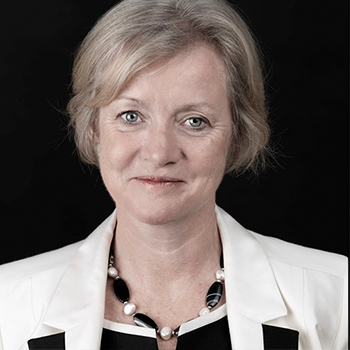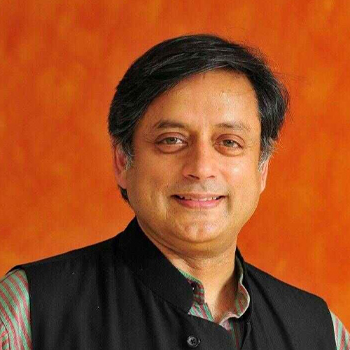”If someone has a broken leg, his visible pain provokes sympathy; if he has a broken mind, his invisible pain triggers incomprehension. Mental health remains an issue that is not only difficult to understand, but also comes with colossal stigma. If one has a mental disability one is often shunned and labeled as “mad”, “lunatic” or worse. If it is known that one has been to a psychiatrist, one is sometimes looked upon with fear or confusion. A mental health patient is painted with a brush of ignorance and treated with contempt, when in fact he or she needs medical assistance, help, and understanding. Mental illness is also a complicated disability to gauge, and people can, as far as appearances go, seem perfectly healthy and happy while confronting painful inner battles.
Monumental work is required to reduce our social bias and restore the right to life with dignity, which is essential and fundamental to each person. This is no small matter. In India, for instance, we continue to live in a society where family members are ridiculed for receiving or seeking treatment and help; where communities reject the notion of depression and mental illnesses, glorifying their ignorance rather than sensitizing their actions. It is difficult to change public opinion and outlook all at once, but it falls on our shoulders as concerned human beings to come together and work towards the common goal of developing an atmosphere where matters of mental health are both received and treated in an inclusive, holistic and supportive manner. It is in that spirit that I welcome the efforts of the Manju Shahul-Hameed Foundation in de-stigmatising mental illness and offering resources towards raising awareness on this critical issue among local communities within Croydon and the United Kingdom.”
Dr.Shashi Tharoor
Member of Parliament, India
&Former UN Under-Secretary-General
Dr.Shashi Tharoor Member of Parliament,






